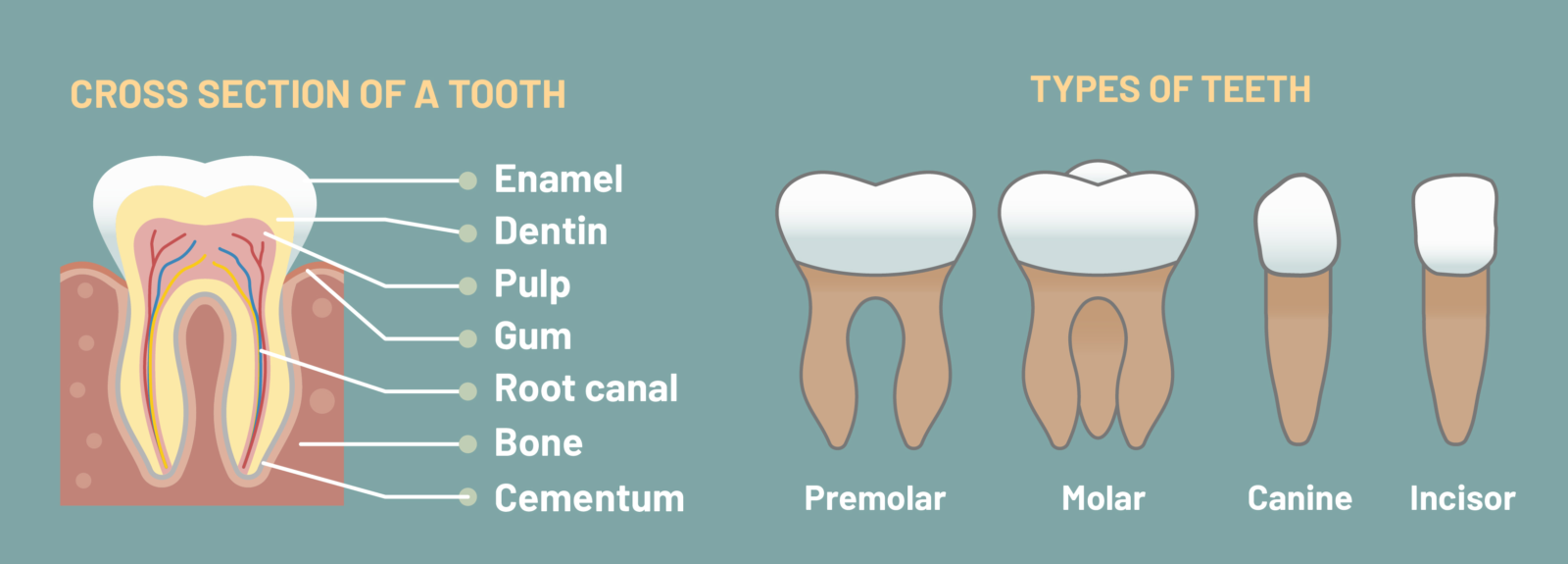People from all walks of life struggle with feelings of anxiety when it comes to that inevitable visit to the dentist. However, for some people this is a serious phobia; an overwhelming fear that can lead to the avoidance of essential dental care. This issue affects millions across the world, stemming from a variety of factors like past negative experiences, fear of pain, or even embarrassment.
No matter the reason, neglecting dental visits will lead to serious oral health consequences if issues remain untreated. The following article explores expert tips from experienced dentists on overcoming this phobia so you’re empowered to prioritise oral health without unnecessary stress.
Understanding Dental Phobia
Phobia of the dentist, also known as odontophobia or dentophobia, is an intense fear or anxiety that specifically stems from visiting the dentist or undergoing dental procedures. Although they are often used interchangeably, it’s important to differentiate between a phobia and dental anxiety so you can better understand your feelings when it comes to the dentist:
Dental Phobia: An irrational fear that leads to avoidance of dental care, even when necessary. It can cause extreme distress and even panic attacks.
Dental Anxiety: Similar in nature to a phobia, dental anxiety is a more common and milder form of fear or apprehension about dental visits. It may still result in avoidance but to a lesser extent.
To better understand the root causes and triggers of a phobia or anxiety, you can begin the process of managing your fears and overcoming the avoidance of dental care. Common factors include:
- Previous traumatic dental experiences, like a painful procedure or uncomfortable visit.
- A fear of needles, drills, or other dental instruments.
- The feeling of being helpless or out of control in the dental chair.
- Embarrassment about the condition of your teeth or fear of judgement from the dentist.
- Sensory sensitivities, such as gag reflex or claustrophobia, can be exacerbated by dental equipment.
- Fear of potential complications with dental procedures.
- Generalised anxiety, depression, PTSD disorders.
The Effects of Dental Phobia
A phobia of the dentist is likely going to have significant consequences on oral health over time, especially if left unaddressed for years at a time. To help understand this phobia and its risks, here are some of the potential impacts on your oral health:
- Delayed Treatment: People struggling with this phobia may postpone or fully avoid routine dental check-ups as well as necessary treatments – leading to the progression of dental issues.
- Poor Oral Hygiene: Fear of the dentist often results in inadequate oral hygiene practices at home, increasing the risk of tooth decay, gum disease, and other oral health problems.
- Worsening Dental Conditions: Ignoring dental issues usually causes them to worsen over time. One small cavity left untreated can progress to a larger cavity with the potential for tooth infection or even tooth loss.
- Emotional Distress: Many phobias cause emotional distress, affecting individuals’ overall well-being and quality of life. Constant worry and anxiety about dental visits can lead to heightened stress levels and worsening of any avoidant behaviour.
- Systemic Health Risks: Poor oral health has been linked to various systemic health issues, including cardiovascular disease, diabetes, and respiratory infections. Neglecting dental care due to phobia can exacerbate these risks over time.
Fear of the Dentist – Coping Strategies
By understanding the range of potential complications of avoiding dental visits, people with a phobia can take proactive steps to overcome their fears and prioritise their oral health. It’s important to keep in mind that dental professionals in Perth are equipped to support patients with phobias and anxiety, by offering compassionate care and effective strategies to ease your fears.
Overcoming a phobia of the dentist is a journey, and it’s okay to take small steps towards progress. Start by implementing the following coping strategies, and you can gradually reduce anxiety while prioritising your oral health with confidence:
Relaxation Techniques
Practise deep breathing exercises to calm nerves before and during dental appointments. Inhale slowly through your nose, hold for a few seconds and exhale through your mouth longer than you inhale. Repeat several times to reduce anxiety.
Visualisation
Visualising serene scenes or engaging in positive imagery can help distract from anxiety-inducing situations; imagine yourself in a peaceful or pleasant environment during dental procedures to help calm nerves.
Communication
Openly communicate your fears and concerns with your dentist. A supportive dental team will listen attentively and work with you to create a comfortable and reassuring environment.
Gradual Exposure
Start with brief visits for non-invasive procedures and gradually progress to more extensive treatments, as gradually exposing yourself to dental settings will help desensitise fear over time.
Sedation Options
Ask an experienced Perth dental clinic about sedation dentistry options, such as nitrous oxide or oral sedatives, to help relax during dental procedures. Whether you have mild anxiety or an extreme phobia, these methods can provide a sense of calmness and make the experience more manageable.
Distraction Techniques
Focusing on something other than the dental procedure can help alleviate anxiety. If you are not comfortable with sedation, why not bring headphones and listen to calming music or audiobooks during appointments?
A Variety of Sedation Dentistry Options
Expertly administered sedation dentistry offers a safe way to manage anxiety and discomfort during dental procedures and is particularly beneficial for patients with intense fear or anxiety, a low pain threshold, or a sensitive gag reflex.
- Nitrous Oxide (Laughing Gas): A safe and mild sedative administered through a mask placed over the nose, which induces feelings of relaxation and euphoria, allowing patients to remain conscious and cooperative during treatment. The effects wear off quickly, so patients can drive themselves home afterwards.
- Oral Sedation: Oral sedatives are typically in the form of a pill, and are taken before the appointment to induce a state of relaxation. While patients remain conscious, they may feel drowsy and less aware of their surroundings. Oral sedation is beneficial for patients with moderate to severe anxiety and for longer dental procedures.
- Intravenous (IV) Sedation: IV sedation involves administering sedative drugs directly into the bloodstream through a vein. This method allows for precise control over the level of sedation and is often used for complex procedures or patients with a severe fear of the dentist.
The most appropriate sedation option will depend on factors such as the patient’s medical history, the complexity of the procedure, and their level of anxiety. Consulting with a qualified dentist specialising in sedation dentistry can help determine the best approach for achieving a positive dental experience.
Overcome your fear of the dentist with Tandara
While it may feel impossible now, you can absolutely overcome a phobia of the dentist with the right strategies and support. Find the best coping mechanism for you, whether it’s practising relaxation and distraction techniques, or considering sedation options if needed.
Don’t let fear prevent you from prioritising your oral health – professional help is available with Tandara Dental in Perth. Their experienced team is committed to providing compassionate care and helping you feel comfortable and confident during your dental visits.
You deserve to have a positive dental experience – book a consultation today with the friendly dental team at Tandara, your smile and oral health are worth it!










